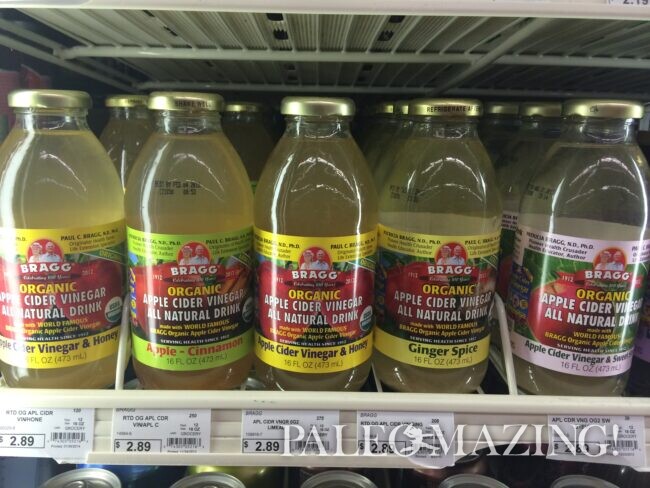Eating healthy and introducing probiotics into your system is beneficial for your entire family and is essential to the paleo diet.
You’ve got a busy lifestyle, which means that it’s not always easy finding the time to cook a healthy paleo meal and then sit down with the family to enjoy it. Between work, school, sports, CrossFit and all the other activities you have that fill up your day, it’s easy to just grab something to go. But that’s not always the healthiest choice.
Fast food restaurants and prepackaged meals make it easy to grab food and go, but fat, preservatives and gluten reign king, which wreak havoc on our health and energy levels. While it’s fine to rely on these convenient and readily available food sources once in a while, they shouldn’t be a long-term meal plan.
One way to help your family eat healthier is to switch to a paleo diet and consume probiotics. This process doesn’t have to be difficult — it can be as simple as eating more fermented foods, probiotics or perhaps even taking a supplement. At the end of the day, your health will thank you for making good choices.
Going Paleo:
You may have heard the term “paleo diet” at some point in the last few years. You may think it’s the new fad “diet,” but paleo isn’t a diet at all. On the contrary, it claims to be a way of life and a different way to look at how we consume food.
In a nutshell, the paleo diet finds its inspiration from cave dwellers because they were athletic, muscular, agile and versatile — almost the complete opposite of what the vast majority of the population is today. Those who follow the paleo diet, and encourage others to do the same, believe that humans should only eat what cave dwellers ate to be truly healthy, fit and full of energy. The acceptable food options include fish, meat, nuts, seeds, fresh fruit, seasonal vegetables and leafy greens.
You may be asking what changed in the human world to lead us away from this particular diet, and the answer is agriculture. As humans became less nomadic and settled into one area, they developed ways to keep our food close to us. Humans figured out how to grow crops and domesticate animals for milk and meat. This process was so much easier than traveling across the country in search of the next meal.
Agriculture made it more convenient to feed large populations, and less of a hassle to gather food, but it didn’t necessarily make us healthier. In fact, there are arguments that claim eating grains leads to weight gain, inflammation and other health issues. Humans have also found ways to process grains into sugars, and other delicious (but unhealthy) treats that affect our bodies, health and aging process.
If we truly want to be healthy, we need to go back to simple ways of eating, which is where the paleo diet fits in. There’s nothing fancy in the food or meals, and our bodies can break down and process the proteins and simple carbs for energy while keeping us lean and in shape.
Jennifer Landis is a healthy living blogger, mom, yogi, and tea junkie. She enjoys cooking, reading and watching Doctor Who in her free time. She writes about mindfulness, parenting, and clean eating on her blog, Mindfulness Mama.
If you have any questions or suggestions, email me at Info (at) TinaTurbin (dot) com



